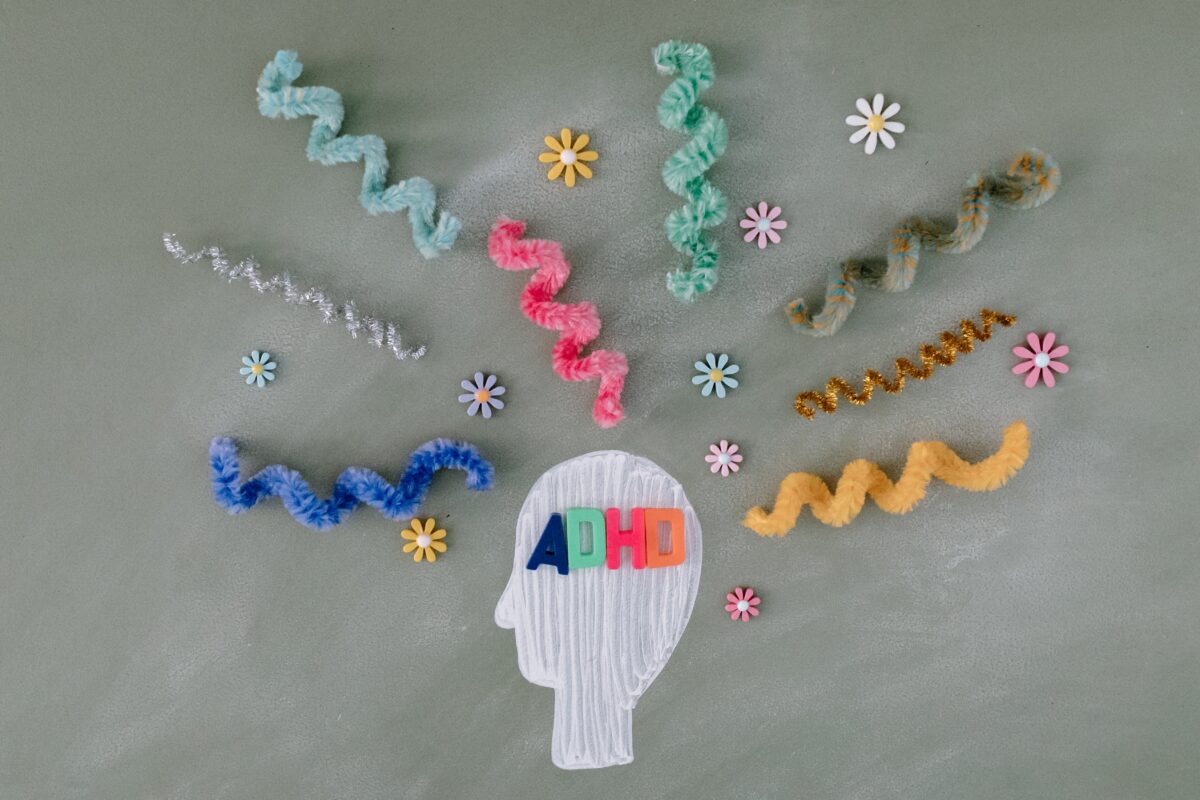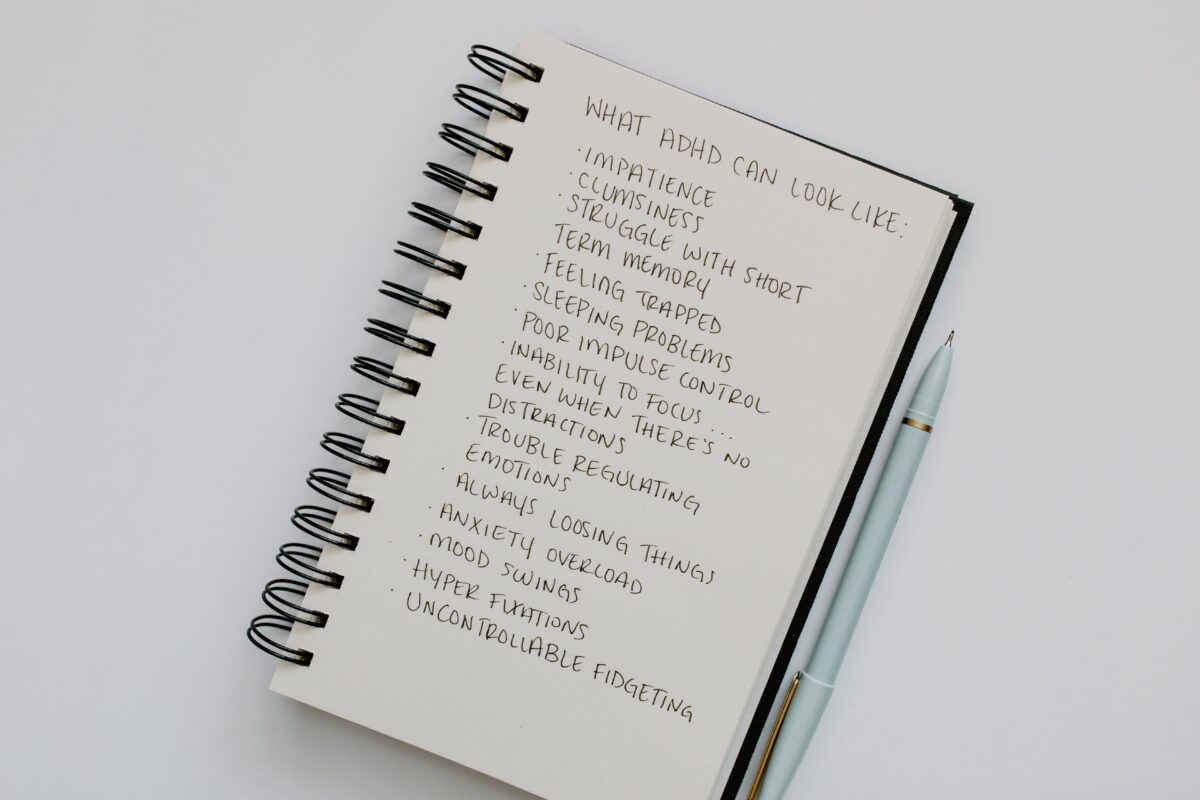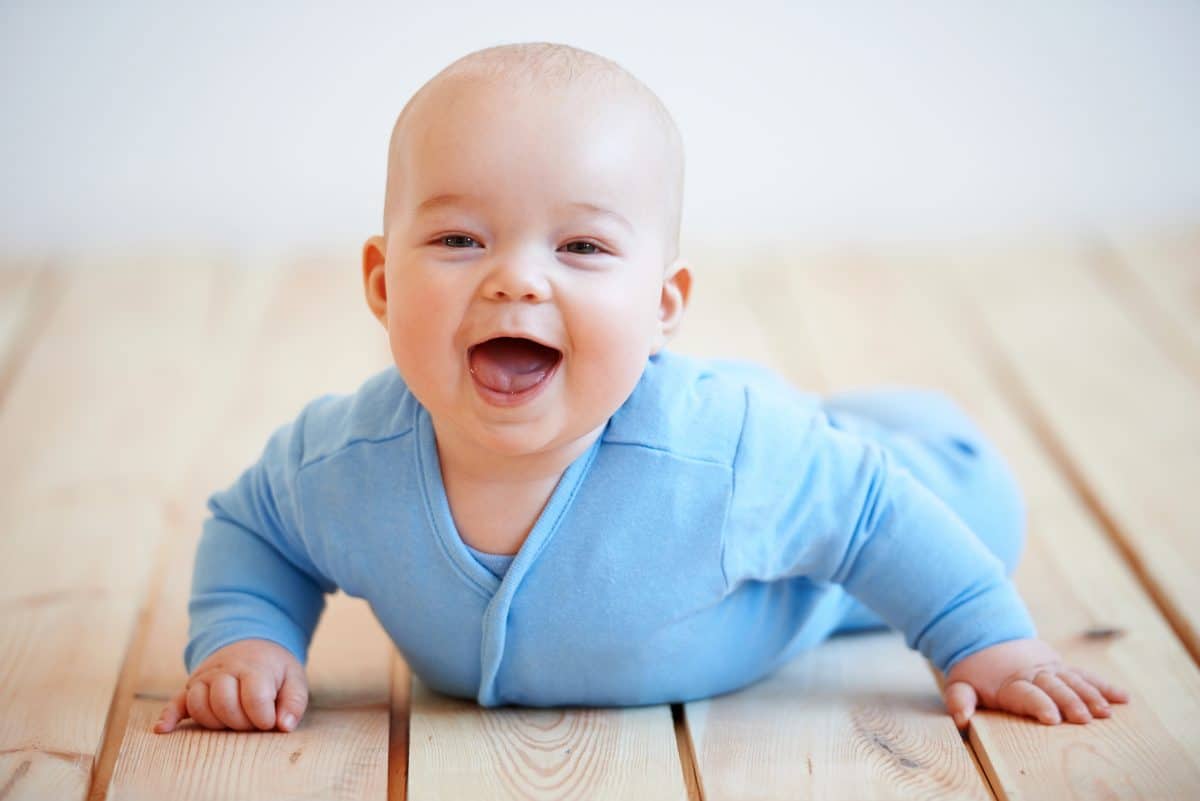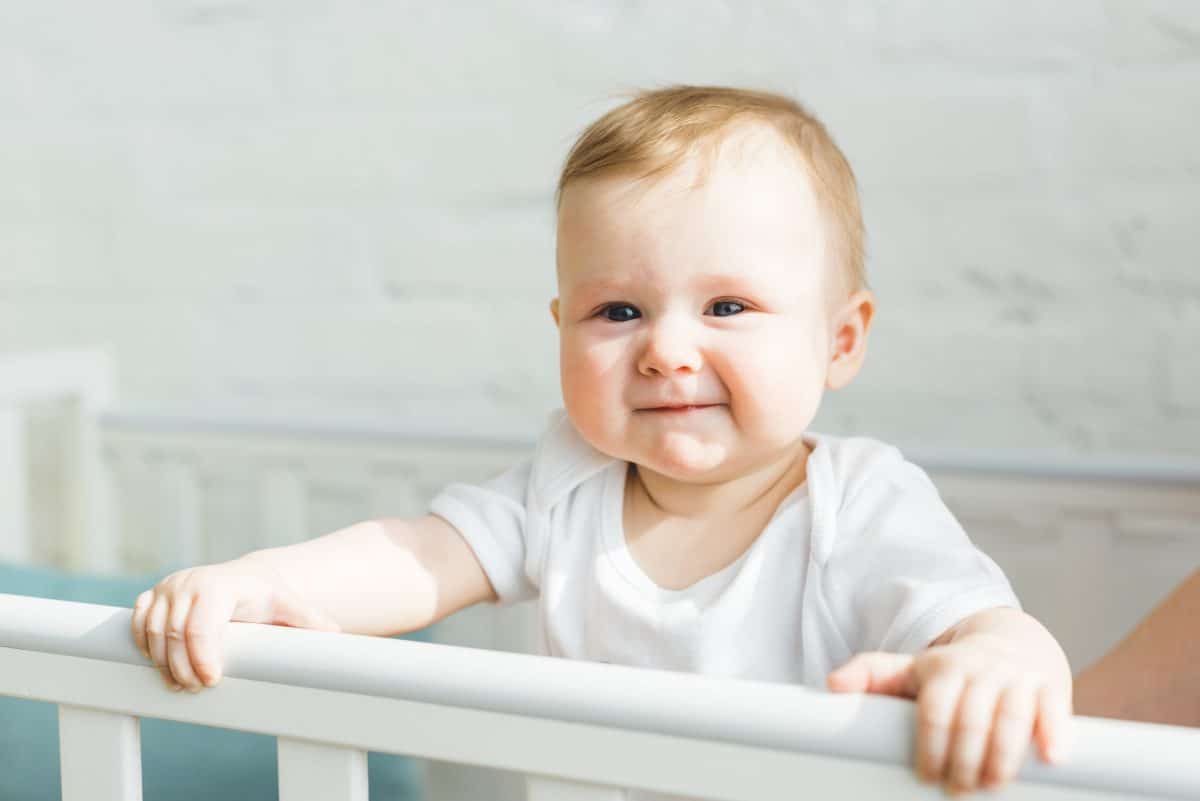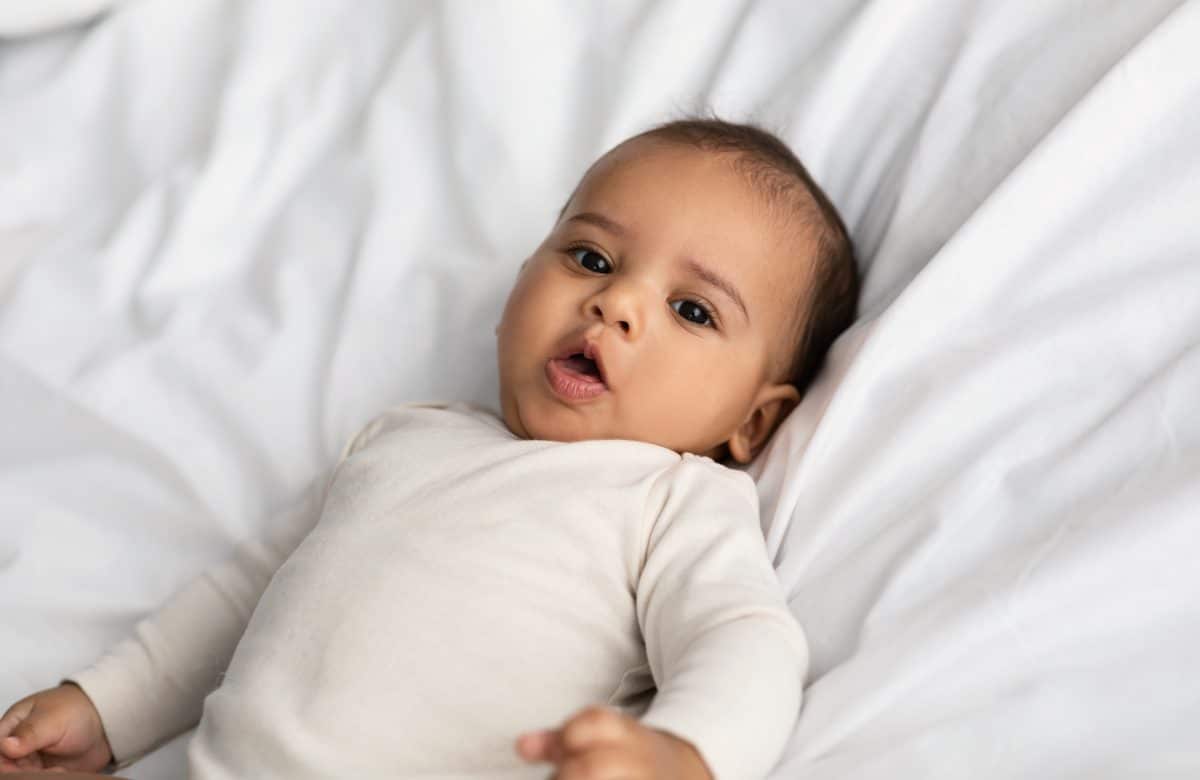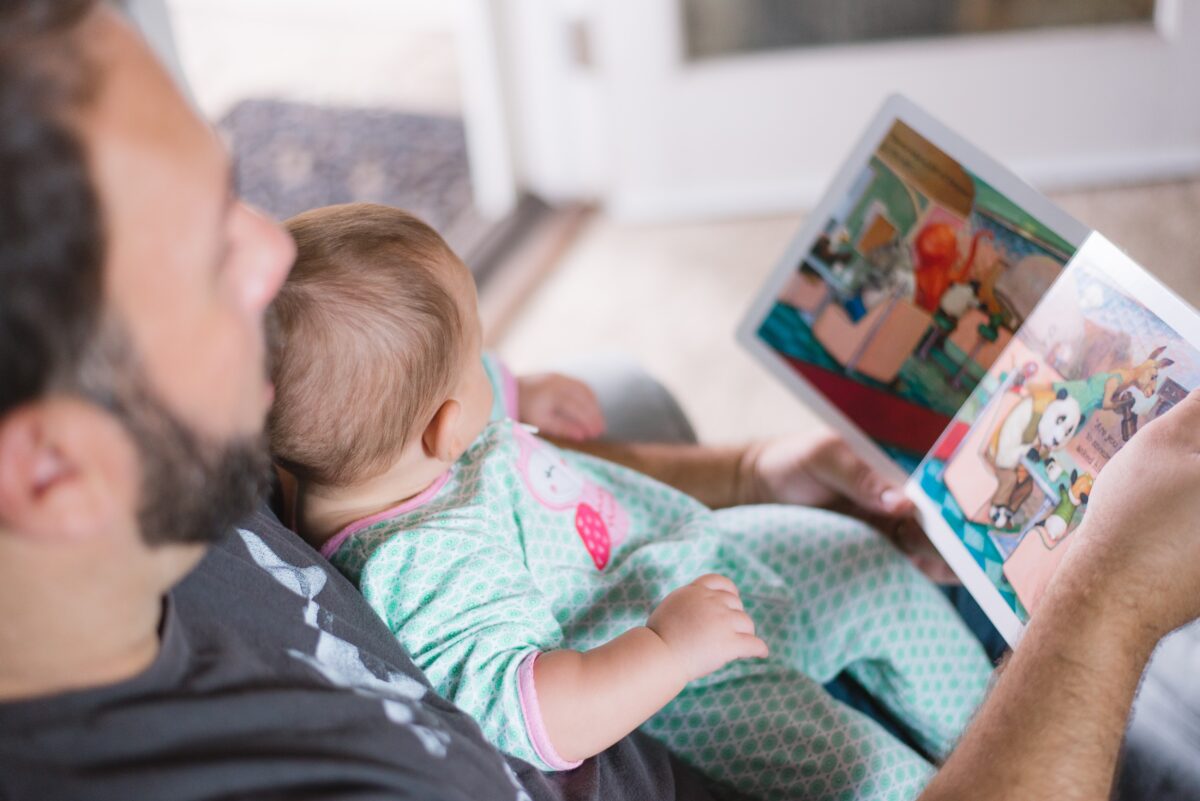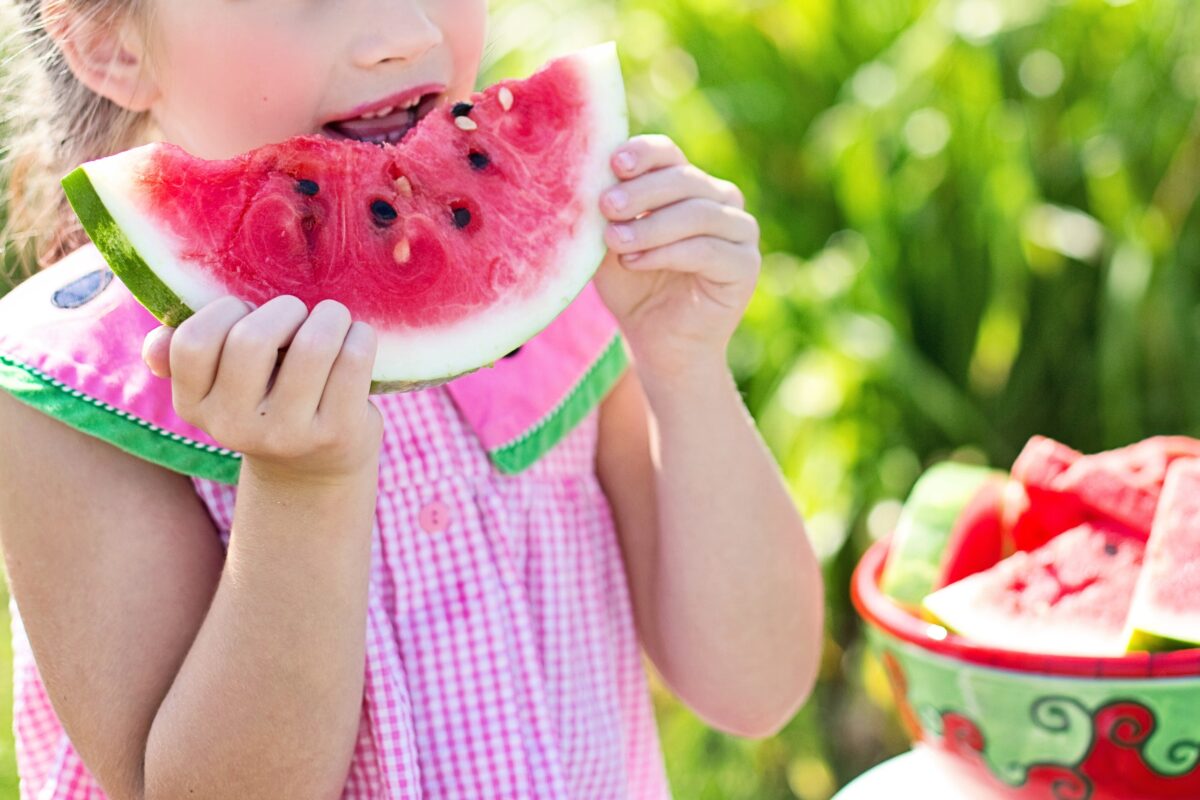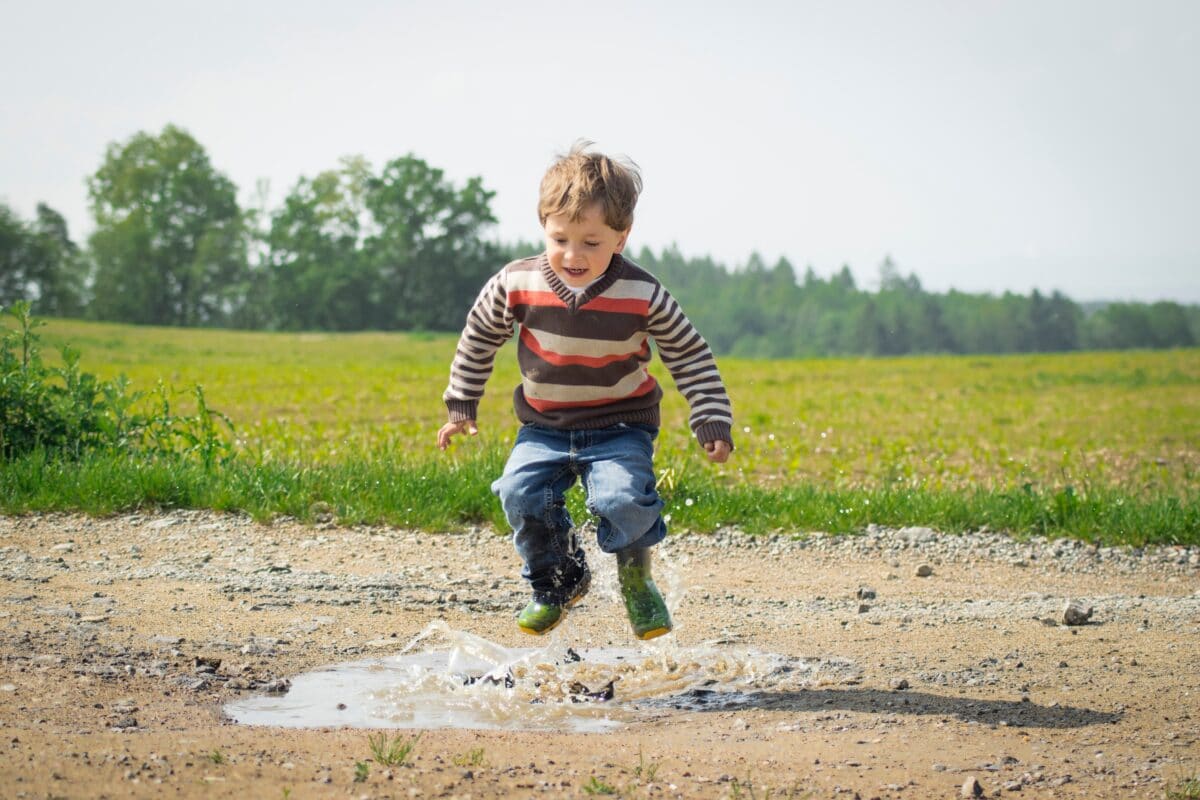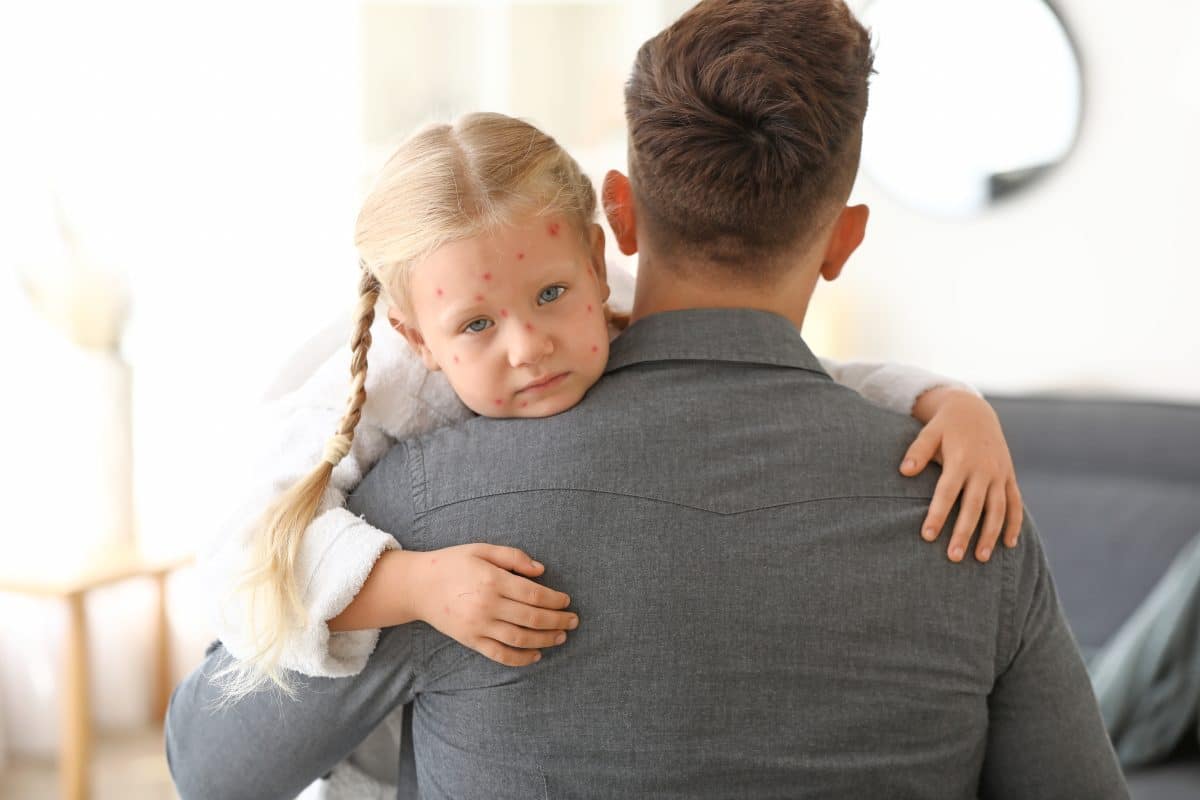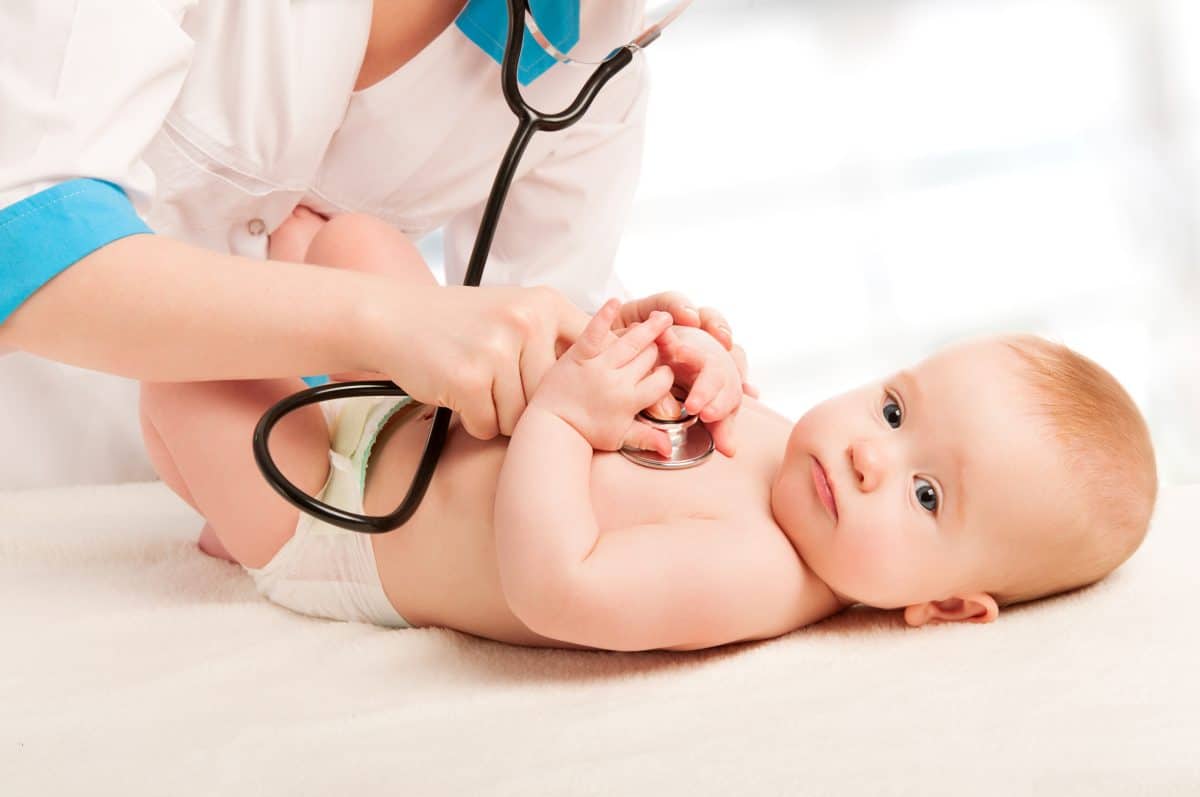Can a pediatrician diagnose ADHD?
Here’s why you can (and should!) see your kid’s primary care doctors first.
While most pediatricians are proactive at screening for autism, hearing loss, and vision problems, it is typically up to parents to notice symptoms of ADHD in their children and request professional testing.
But for most caregivers, the problem isn’t noticing the signs of ADHD, it’s knowing where to go. Can a pediatrician diagnose ADHD or do you need to see a specialist?
In this article, we’ll discuss what you need to know about screening, diagnosing, and treating your child’s ADHD.
What Is ADHD?
According to the American Academy of Pediatrics, Attention Deficit Hyperactivity Disorder, or ADHD, affects about 9% of children, however this number may be higher, as many children may go undiagnosed until adulthood.
One of the reasons why ADHD goes undiagnosed is that it looks very different from child to child. There are three types of ADHD—Inattentive type, Hyperactive type, and Combined—and different levels of severity.
Children with ADHD-Inattentive type tend to have more difficulties with focus and concentration, while those with ADHD-Hyperactive type have more trouble staying still. (Children with Combined type will have difficulties with both.)
Symptoms of ADHD
Symptoms of ADHD are so much more than just fidgety or hyperactivity and it’s usually the parents who notice the child’s symptoms. Teachers may also notice if the child shows signs at school. Some symptoms include:
- Short attention span
- Hyperactivity/Impulsivity
- Mistakes in school work
- Being forgetful or losing things
- Excessive talking at home and school
- Interrupting
- Unable to wait their turn
- Excessive movements
You may be thinking that this just sounds like a typical child. Yes, and no. All children have difficult days, but in the case of children with ADHD, the difficult days will outnumber the easier days.
This list is not exhaustive so it’s very important that you reach out to your child’s doctor if you notice any of these symptoms or any others that concern you.
Can a Pediatrician Diagnose ADHD?
Yes!
While a psychologist, psychiatrist, therapist, or counselor can diagnose ADHD, a pediatrician can also screen out any medical conditions that may be contributing to your child’s behavior.
For example, if your child is having trouble following directions, it might be an issue with their hearing rather than ADHD.
The doctor will put you through a series of questions regarding your child’s behavior and may give you a copy of the questionnaire to complete and also to give to your child’s teacher, guidance counselor, or mental health professional.
In general, ADHD is only diagnosed if symptoms a) appear in more than one setting and b) seem to be interfering with their social or academic success.
Treatment Options
After the pediatrician has diagnosed ADHD, what next?
There are two major approaches to treating ADHD: behavior therapy and medication. Contrary to popular belief, medication is typically a “last resort” option (due to its potential side effects) used in older children for whom behavior therapy alone has been unsuccessful.
Behavior therapy focuses on training the parents (rather than the child) how to use techniques such as positive reinforcement (i.e. rewarding good behavior), communication, structure, and discipline when interacting with their child. Therapy should aim to support the child rather than “cure” them.
Once you have an official ADHD diagnosis, contact your child’s school so they can receive an Individualized Education Plan (IEP) or 504 plan. Under this plan, your child will be able to receive certain accommodations to level the playing field, such as seating at the front of the classroom, additional time on tests or being able to use a “fidget” in the classroom.
How Can You Help Your Child?
If your child is diagnosed with ADHD they will of course, need your support. Not only will you be raising them to be functioning adults, but you also have to realize that they have some challenges that require patience. The good news is that an ADHD diagnosis doesn’t require many (if any) changes.
As a parent you likely already regulate screen time, read to your child, and play with them. That’s all that is needed! Love, patience, and support are the foundations for any healthy parent/child relationship. So you’re well on your way!
An ADHD Diagnosis Requires Support
As a parent, you are one of the best authorities on your child. If you have reason to suspect that your child has ADHD, autism, or any other condition, it’s definitely worth seeking out a professional opinion.
Having an official diagnosis will not only allow you to understand your child better, it can help you get the support you need to manage their symptoms and make life easier for all of you.
At Kid Care Pediatrics, our practitioners are passionate about providing top-quality healthcare that supports your child’s body and mind. We are happy to discuss any questions you have regarding your child’s diagnosis and/or treatment and are here to support you throughout their childhood.
Call us today to schedule your appointment.

